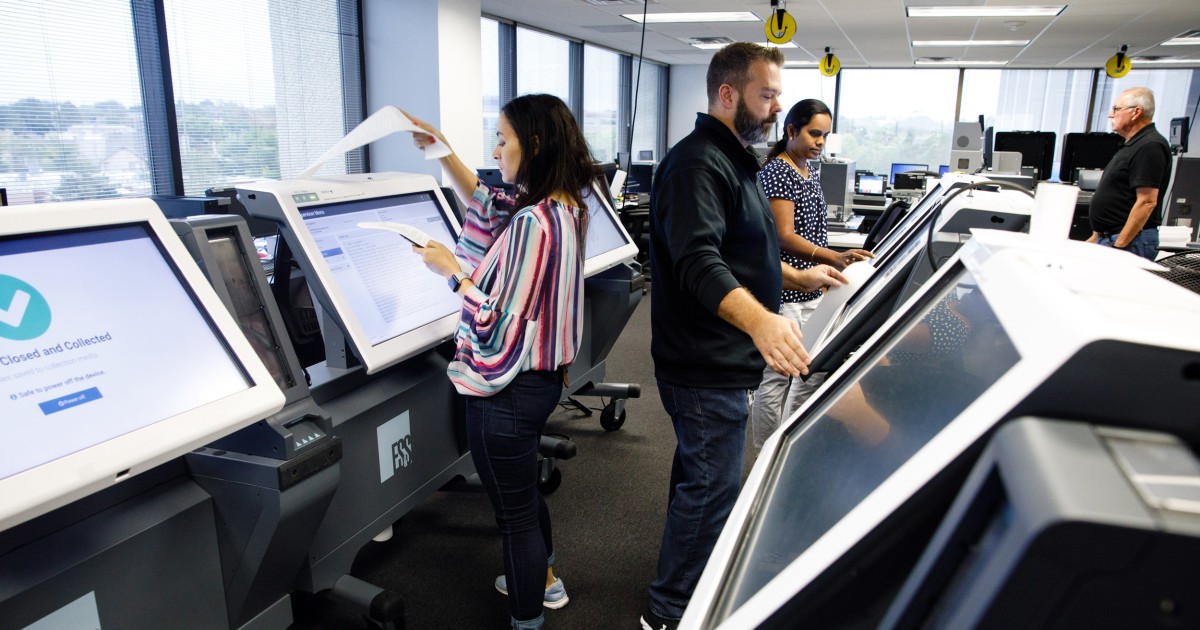Grumblenuts
Gold Member
- Oct 16, 2017
- 14,556
- 4,859
- 210
Thanks to watchdogs like Susan Greenhalgh, looks like internet connectivity built into voting machines in the U.S. could finally be banned:
 bradblog.com
bradblog.com

 freespeechforpeople.org
freespeechforpeople.org
Federal law requires the agency to develop its guidelines for voting systems in public, said Susan Greenhalgh of the nonprofit Free Speech for People, the group that brought the lawsuit along with University of California, Berkeley computer scientist Philip Stark, who sits on the commission’s advisory board.
Greenhalgh said that was not done ahead of the February vote by commissioners to ratify what had been draft standards.
“Instead, the EAC brazenly flouted its legal obligation to adhere to a transparent process, choosing instead to invite the manufacturers into private meetings so they could alter the voting system standards to ease requirements and benefit the manufacturers,” she said.
U.S. EAC Sued to Restore Guidelines After Secret Meetings With E-Vote Vendors Allowed Modems: 'BradCast' 7/14/2021
Guest: Election security expert Susan Greenhalgh of plaintiff Free Speech for People; Also: Senate Dems announce deal for 'transformative' $3.5 trillion health care, climate, infrastructure package...

U.S. Election Assistance Commission Sued for Improperly Loosening Voting System Standards After Private Meetings With Voting Machine Manufacturers. - Free Speech For People
Free Speech For People and renowned election security expert Professor Philip Stark allege Election Assistance Commission violated federal laws to privately solicit input from voting system vendors for federal voting system requirements. Stark serves on the Board of Advisors for the federal...


